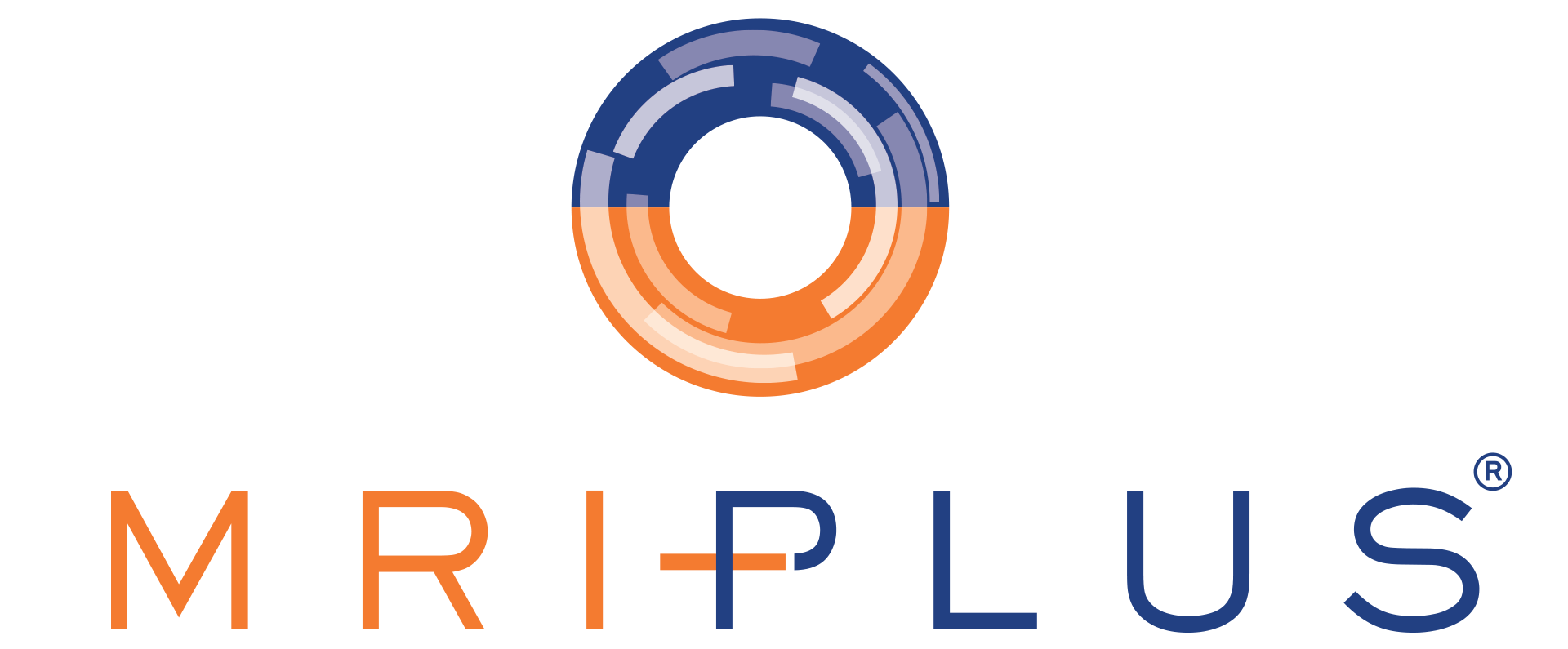MRI & Cancer Detection: What MRI Can — and Can’t — Reveal
December 20, 2022
Has your doctor recommended an MRI scan to explore your symptoms, or check the progress of your cancer treatment?
Are you considering an MRI scan to see whether your symptoms or family history need to be explored?
Or are you simply looking for reassurance?
Whatever the reason, we’d like to provide some facts and help you decide whether an MRI scan can get you the answers you are looking for.
What is an MRI scan?
Magnetic resonance imaging (MRI) uses a magnetic field combined with radio waves to capture a set of images, called slices, to create a 3D-like set of images of the chosen body area, which are helpful towards providing diagnosis or an update on the status of treatments.
MRI scanners are particularly good at capturing clear, detailed images of soft tissue and organs than other imaging scans, such as X-Ray or CT scans, which make it a particularly useful diagnostic test for detecting tumours and abnormal growths in the body.
Why choose MRI for detecting cancer?
In some situations, your doctor may suggest MRI if an X-Ray or CT scan hasn't been able to investigate the symptoms fully, in order to provide a diagnosis.
An MRI is useful for determining:
- if a tumour or growth is cancerous
- the location and size of the cancer
- whether the cancer has spread to the surrounding organs.
In some cancers, such as cervix or bladder cancer, an MRI scan is better than CT at showing how deeply the tumour has grown into body tissues.
It can be particularly useful for showing whether the tissue is cancerous, and whether the tissue left behind after treatment is cancerous or not.
How can an MRI scan detect cancer?
An MRI can be used to:
- find a tumour
- find out the size and whether it has spread
- measure blood flow
- check how well treatments are working
- plan further treatments, such as surgery or radiation therapy
Your clinician may request a contrast-enhanced MRI scan, which is where you receive an injection of contrast medium (a special dye) prior to the scan to enable to MRI scanner to create clearer images.
MRI scans are particularly good at highlighting:
- brain tumours
- primary bone tumours
- soft tissue sarcomas
- tumours affecting the spinal cord
- tumours in the pelvic region (prostate, bladder, uterus and ovaries)
How accurate is MRI in detecting cancer?
MRI scans can capture soft tissues images very clearly inside the body, which is why doctors often suggest an MRI scan for cancer detection.
An MRI scan helps accurately examine many different body parts, including your brain, spinal cord, heart, blood vessels, breasts, bones, joints, and internal organs such as the liver, womb, and prostate gland. It means that they are particularly effective at diagnosing cancer in these places.
However, MRI technology has its limits, and cannot provide adequate images of the colon, lungs or coronary arteries.
What happens during an MRI Scan?
If you have not experienced an MRI scan before, sometimes the process can seem unnerving. In reality, the scan is simple and painless. Here’s what you can expect from your scan:
- You will be asked to undress and put on a gown or other clothing without zips or any metal, and remove any metal items such as watches and jewellery.
- You’ll lie down on a narrow, flat table and straps or pillows may be used to help keep you comfortable and to stop you from moving.
- In the exam room, you’ll be able to talk to the radiologist, who can see and hear you constantly and you are welcome to bring a friend of family member for reassurance.
- The scan is painless, but the MRI scanner may feel very close to your face and you may feel some discomfort. You may be asked to hold your breath for certain parts of the scan, and you’ll be asked to lie very still.
- MRI scans generally take between 45 and 60 minutes and should not take more than that. After the scan, you may be asked to wait while the pictures are checked to make sure they’re clear.
When will I get my MRI scan results?
Waiting for your results can be very worrying, especially if you have or suspect you may have cancer.
After your scan is complete, your MRI scan images will be sent to our team of specialist radiologists to write a report of the findings. Once the report is available, we will send a copy to you and your chosen Healthcare Professional via email.
Our results timeframe is dependent on your chosen package, but we can offer your written report in 5 working days on our bronze package, or 2 working days on all other packages.
Schedule your own MRI scan with MRI Plus
At MRI Plus, we believe that our patients should be able to take control of their own health, so we offer:
Multiple convenient locations
We have clinics in Hendon, North London and Leigh-On-Sea in Essex.
Self-Referral MRI Scans
You can simply book online yourself, without the need for a referral letter.
Online Booking
Complete your entire MRI booking online from the comfort of your own home.
Appointments
Schedule in your own appointment date and time on our live diary. We have same-day availability, or you can choose a date in the future.
Transparent Pricing
We offer MRI scans from £199 for 1 body area, Open MRI from £399 and Full body MRI from £999
More Payment Options
Pay securely by card, use your health insurance, or choose our 0% Interest Credit option and spread the cost.
You can see the pricing options and appointment availability for your chosen MRI scan, by using our handy new
MRI scan search bar
. Simply choose whether you would like an MRI or Open MRI, key in your location and search for the body area you would like scanned to see your options.









